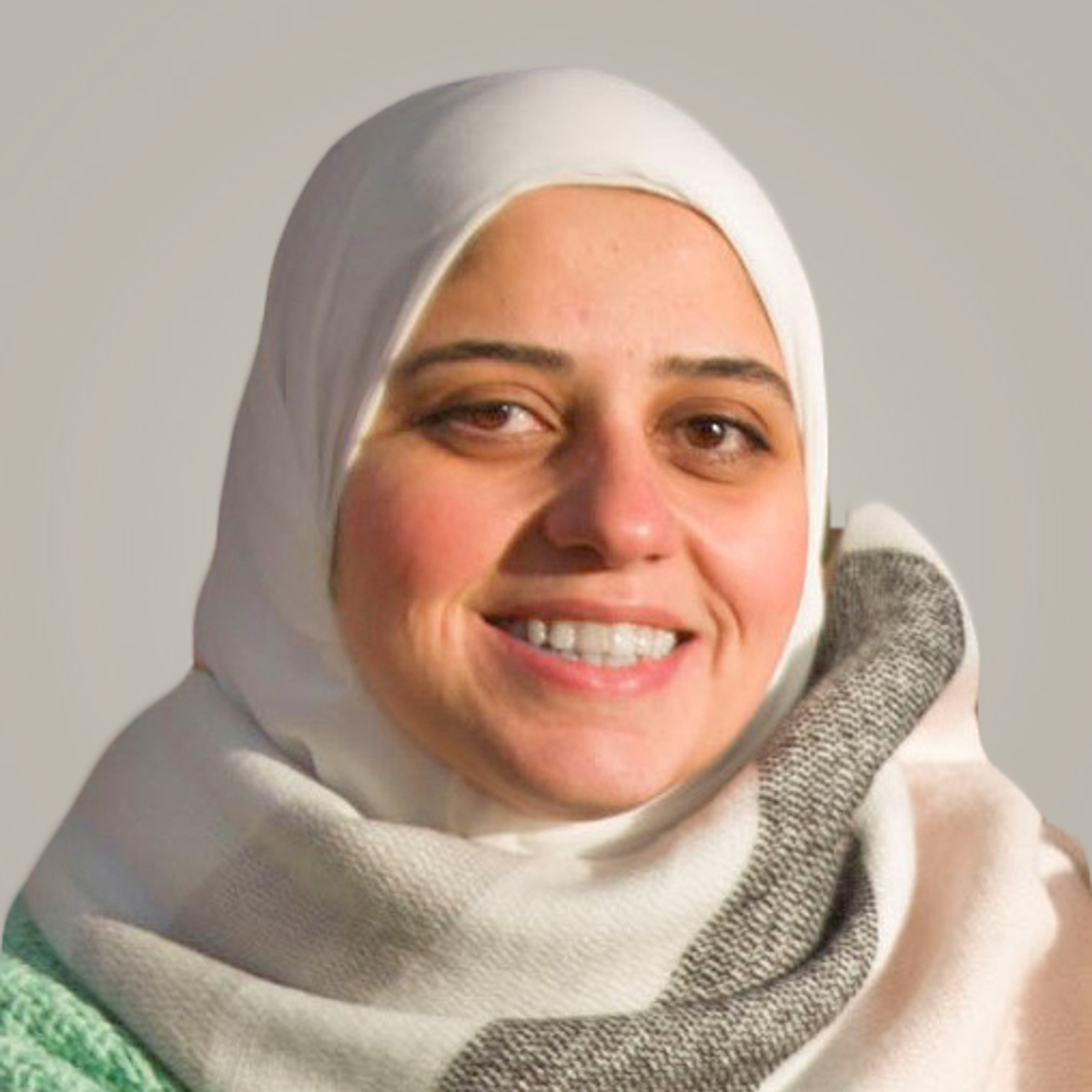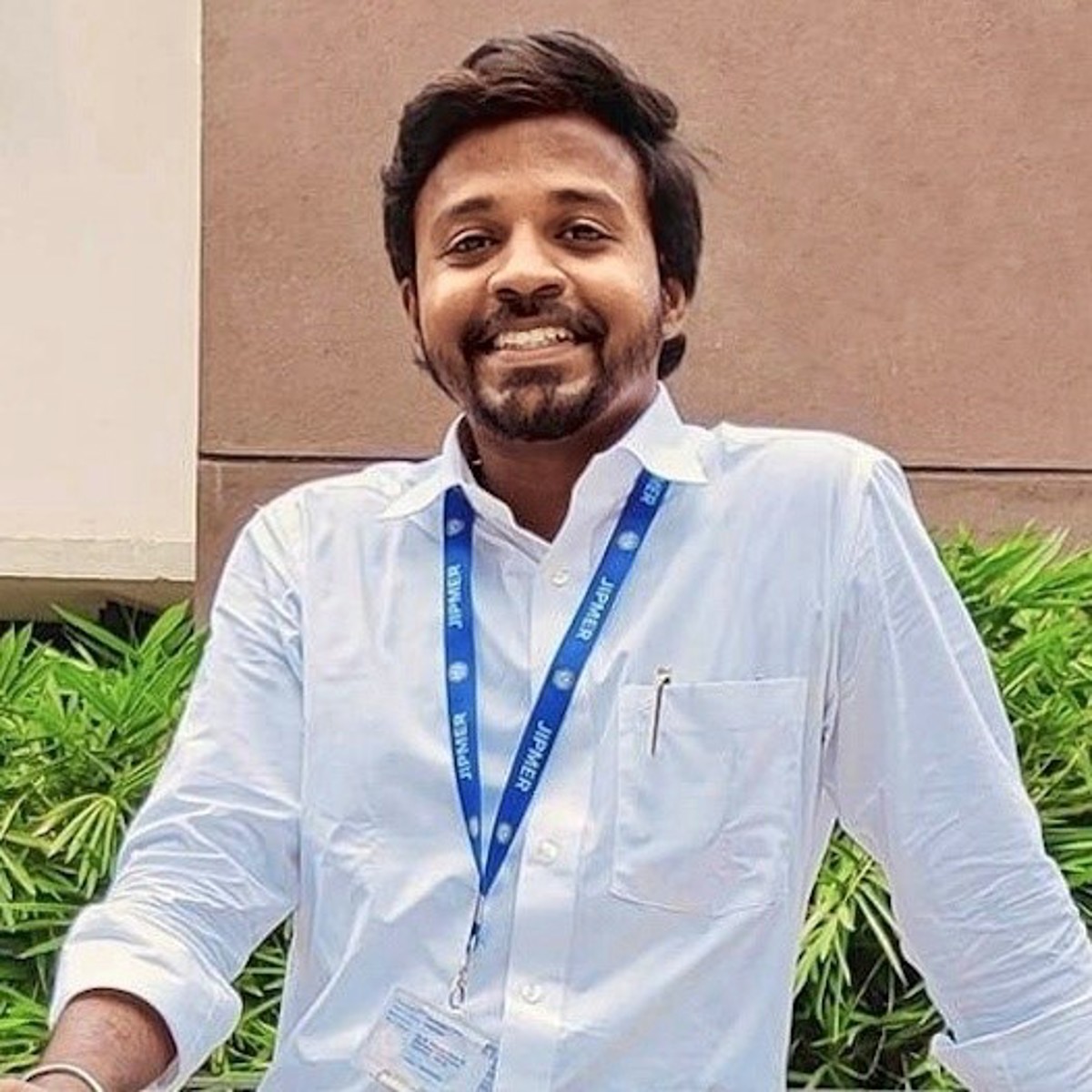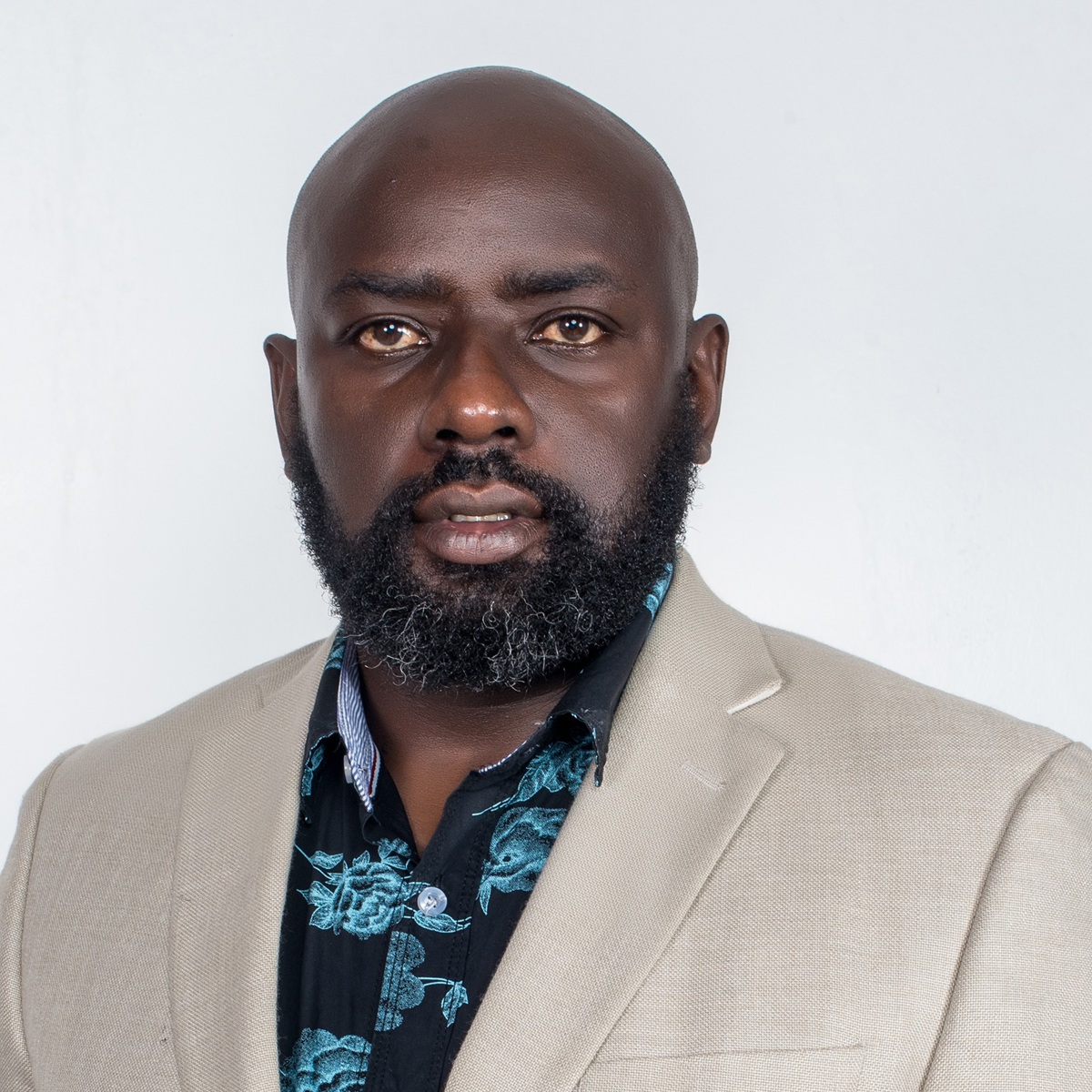The 2023/24 Commonwealth Futures Climate Research Cohort will focus on five key themes, each supported by an academic theme lead.

Digital governance is seen to have the potential to catalyse collaboration and improve equity within decision-making processes (Meijer et al. 2020). Yet digital governance is also a challenge for equity, potentially exacerbating established challenges of power, control and representativeness, while inviting new questions around the biases that can be built into digital infrastructure. Digital governance therefore is a challenge as well as an opportunity for climate change adaptation. As such, this theme will bring together researchers who are interested in investigating equity within climate change adaptation governance and decision-making processes, with a particular focus on how emerging digital infrastructure interacts with marginalised communities. Sub-themes include knowledge-power relations, recognition justice, marginalisation and political capability.
Meet the fellows

Dr Sara A Hamza
Ain Shams University (ASU) - Egypt

Dr Sathishrajaa Palaniraja
ESIC Medical College and Hospital - India

Dr Daniel Otieno
Kenyatta University (KU) - Kenya
Meet the theme lead

